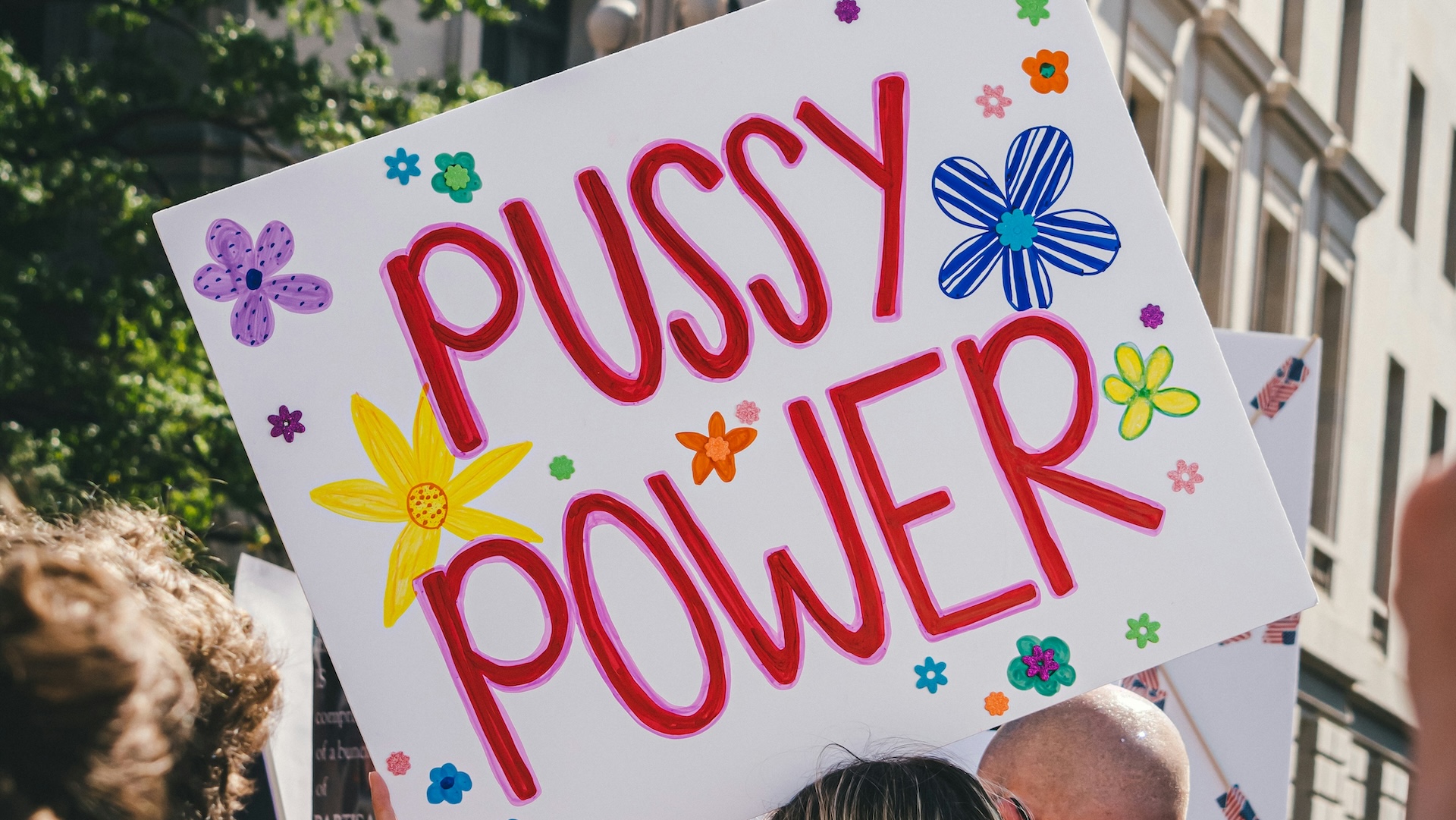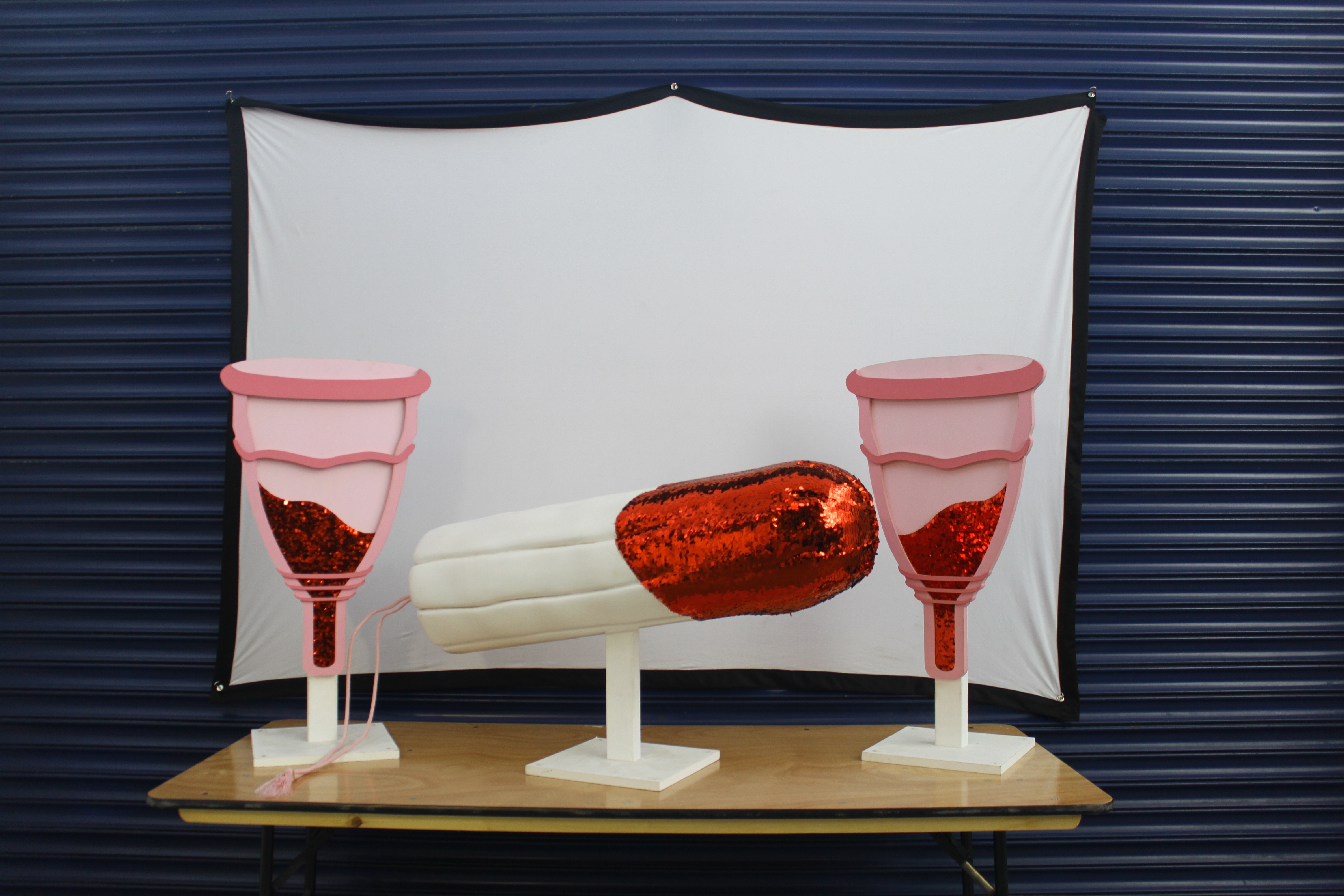Menopause is a common life event: around half of us will experience it at some point in our lives. Despite this, it’s shrouded in secrecy, stigma and mystery. It’s surrounded by a general silence on gynaecological health, intrinsically linked with misogyny and ageism. It’s almost taboo to talk about it.
Here at the Vagina Museum, we see taboos as something that must be smashed. Where we see silence, we feel obliged to break it by opening up a conversation. We’re not afraid to do things like display knickers bleached by vaginal discharge (which is perfectly normal, by the way!) or hold a whole exhibition all about endometriosis, a common disease which 54% of people have never heard of.
But even we haven’t historically done enough to get the world talking about menopause. It’s the second-most requested exhibition theme for the Vagina Museum – the first was endometriosis, and that’s our current exhibition!
- Menopause at 36: ‘I would wake up exhausted, dehydrated and fearful of drowning in my bed’
- How to make your workplace menopause friendly
On International Women’s Day, that changes. We’re teaming up with Arachne Press to celebrate Menopause: The Anthology, a collection of works by 43 writers exploring menopause from all angles. This anthology showcases perspectives from the global majority and lesbian, bisexual and transgender views.
On the night, you can expect poetry and short story readings, along with the opportunity to perform your own work, and contribute to the rich tapestry of experiences. Oh, and there’ll be cake. Editor Cherry Potts told us to make it very clear to you that there’ll be “one of my famous menopause cakes.”
Potts, director of Arachne Press, chose to team up with the Vagina Museum for our International Women’s Day event as soon as we reopened our doors to the world.










